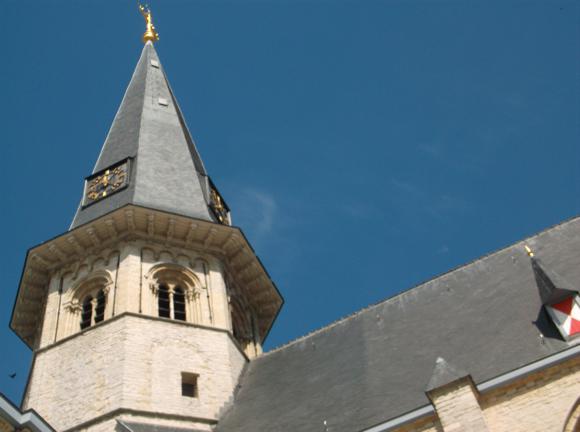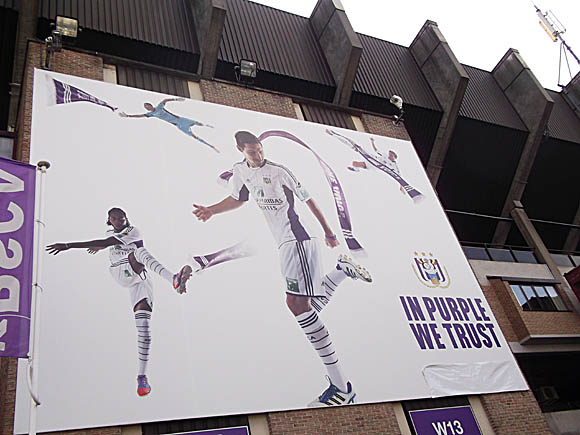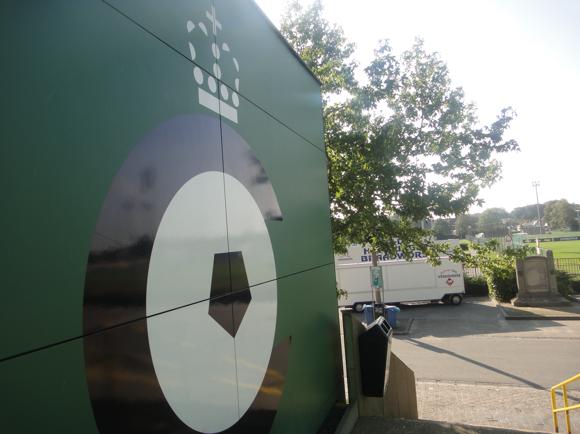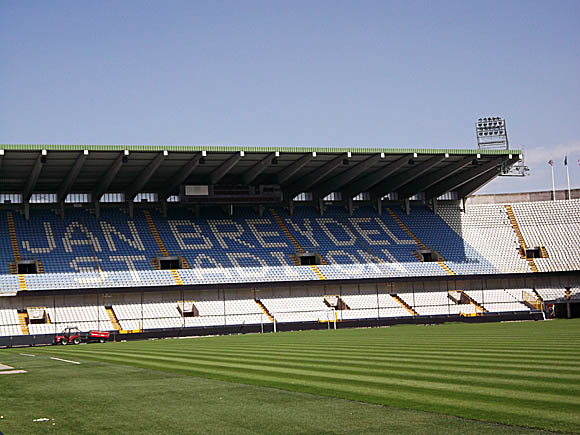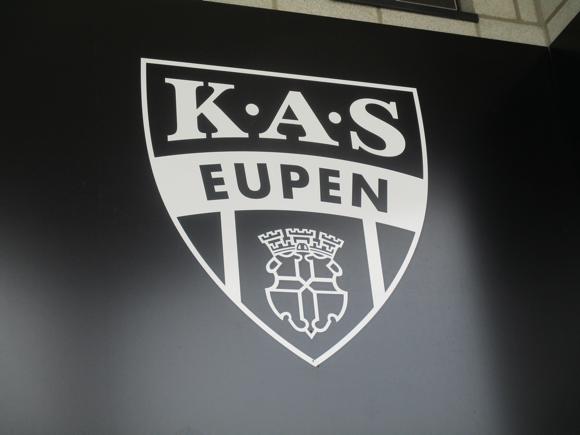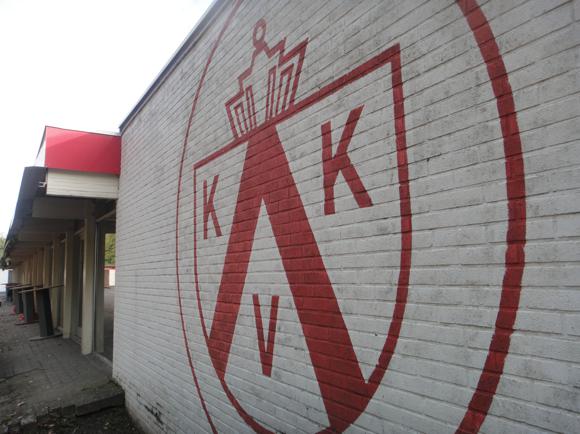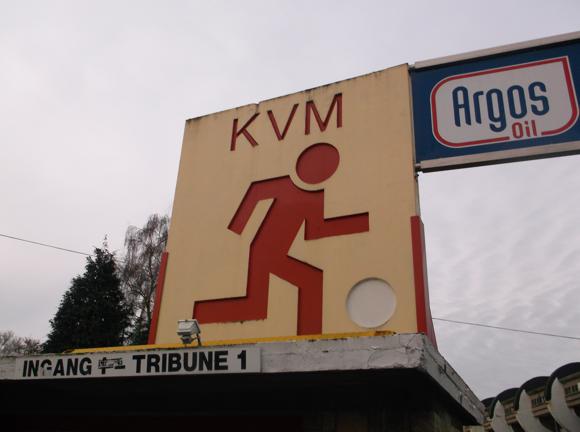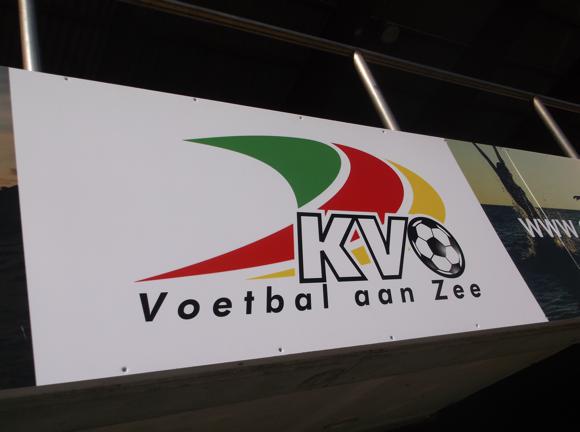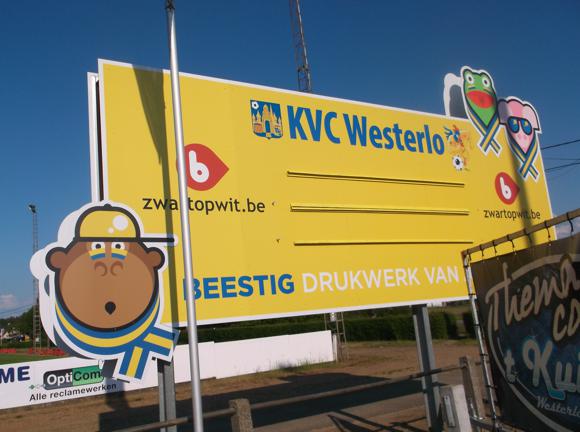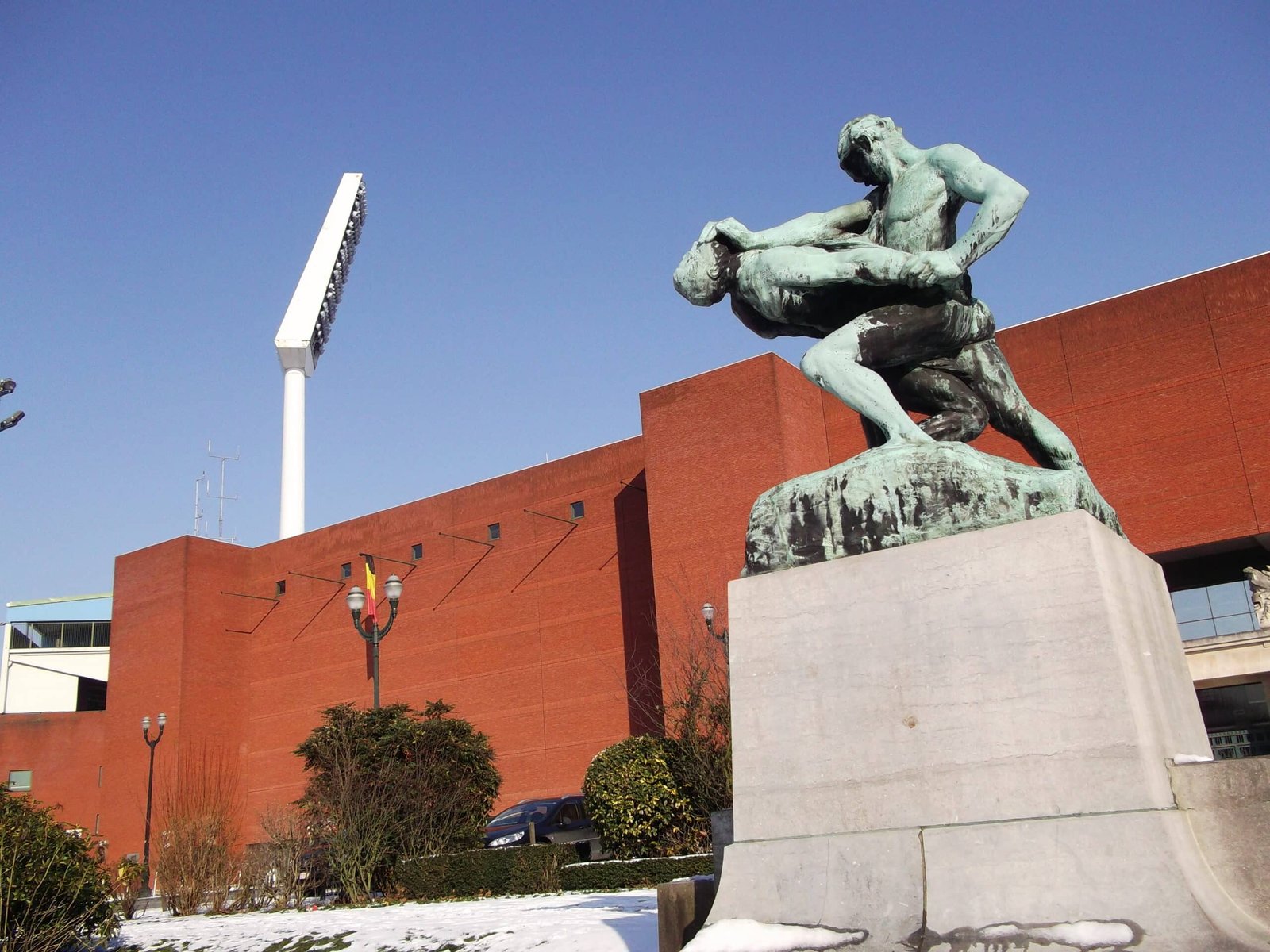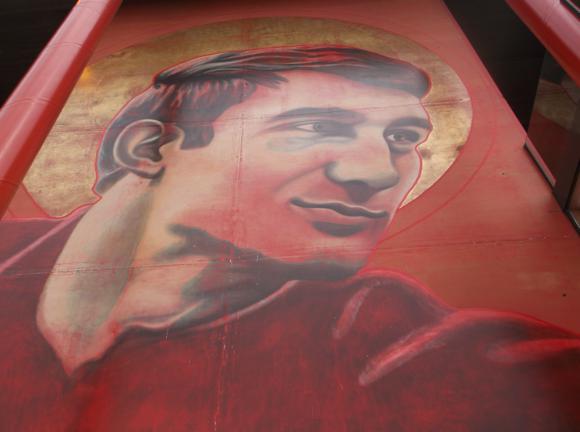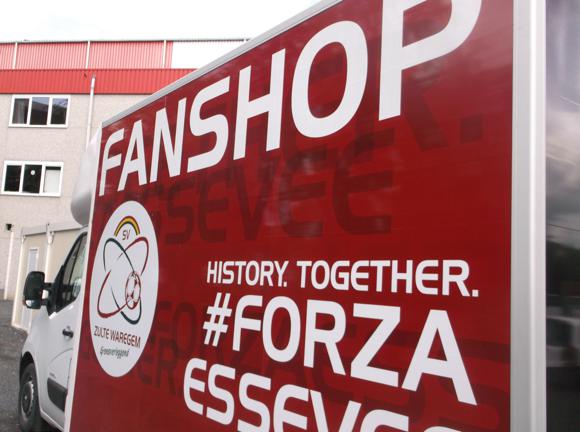A fan’s guide – the club from early doors to today
A going concern since 2010, a top-flight club until 2021, Waasland-Beveren were renamed SK Beveren in 2022. The club still has ties to its two immediate antecedents, one twice champions of Belgium and European semi-finalists.
Representing the city of Beveren in East Flanders from 1934 to their dissolution in 2010, the original SK Beveren rose from the provincial leagues to become a serious force in the Belgian game by the 1960s. During most of this time, they were based at the Freethiel Stadion west of town, converted for football use in 1938 and home of Waasland-Beveren today.
Beveren had emerged from the short-lived Standaard Beveren, who folded in 1931 but whose players decided to carry on after being invited to play a team from the next town in 1934.
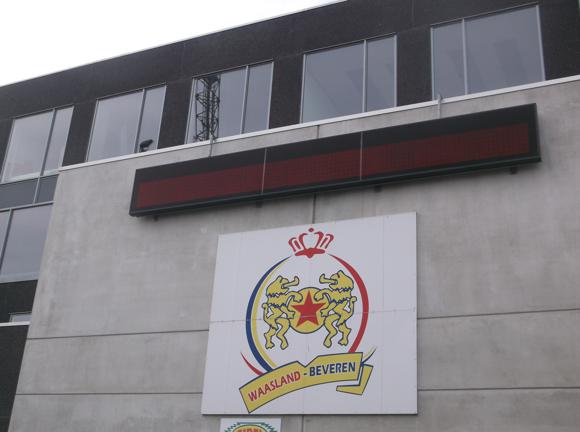
Still in his teens, a locally born Wilfried van Moer showcased his midfield skills to push SK Beveren closer to a first-ever promotion to the second tier in 1964-65, shortly before his first cap. When he bowed out as captain of his country at the 1982 World Cup finals, he was back at Beveren, after 15 years winning three league titles at other Belgian clubs.
By then, though, Beveren were at the top of their game, having won one title in 1979 and about to win another. The run had begun shortly after van Moer’s early departure when Guy Thys came on board as coach in 1966. Before managing Belgium at five major finals, two with van Moer in the midfield, Thys took Beveren to Division 1 in 1967.
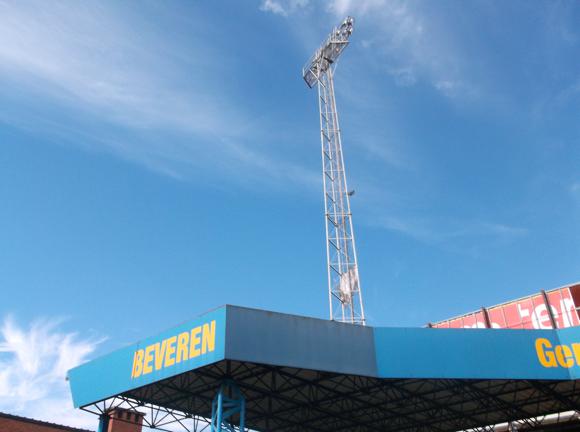
By the time he left them in 1969, they were a top-six proposition, with a quality goalkeeper in place, ex-Hajduk Split’s Lukas Poklepović. He not only kept the goals against tally low enough for Beveren to qualify for the Fairs’ Cup in 1970, he helped to lay the ground for other young goalkeepers to come through. Replacing him would be a teenage Jean-Marie Pfaff, later to be crowned best goalkeeper for Belgium at the 1986 World Cup.
For their first European campaign, with Poklepović between the sticks, Beveren overcame Valencia, soon to win the Spanish title, but fell to Arsenal, soon to win the English title, and cup.
Pfaff then made the No.1 position his own, keeping goal when Beveren won their first Belgian Cup, beating Charleroi 2-0 in the final of 1978. The following season, Pfaff conceded only 24 goals in 34 games for Beveren to win their first title, losing four times all campaign. If anything, his performances in Europe were even more impressive, holding Internazionale to 0-0 in the San Siro, then keeping another blank sheet, Bob Stevens scoring the vital strike on mud at the Freethiel.
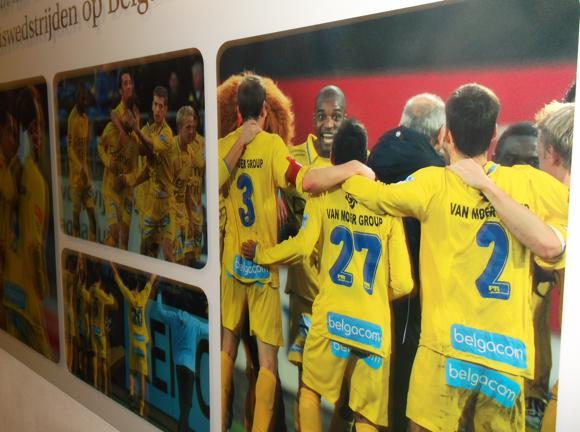
Barcelona had a bit too much for Beveren the semi-final, scoring a single goal in each leg.
A debut campaign in the European Cup then ended as soon as it began, Servette the opponents.
With Pfaff snapped up by Bayern Munich, another Belgian international, Filip De Wilde stepped in, keeping goal when Beveren won the cup in 1983, and the league a year later. Again, the key was few goals conceded, 33 in 34 games. German-born Erwin Albert was top scorer, just as he was for the title-winning season of 1978-79.
The last hurrah of Beveren’s golden era came with the victory over then recent Spanish champions Athletic Bilbao in 1986, a goal on 58 minutes in each leg coming from former Liverpool Supersub David Fairclough.

Mediocre campaigns and brief stints in the second tier followed. A new era started with the new century, and the arrival of Jean-Marc Guillou. Having spent the 1990s overseeing a football academy in the Ivory Coast, the former French international also had links with Arsenal, who bought a young Kolo Touré. Younger brother Yaya first spent three years at Beveren, Emmanuel Eboué and Gervinho had several seasons at both. The allegedly shady financial dealings were investigated but never proved.
The Ivorian influx at Beveren reached its apex at the cup final of 2004, when no Belgian player lined up in the starting XI against Bruges, who won 4-2. The appearance led to a last fling in Europe, an easy passage to the group stage of the UEFA Cup – and four heavy defeats.
The Ivorian era ended in 2006, followed by relegation and financial ruin. With salaries long unpaid, Beveren lost their professional status in 2010.
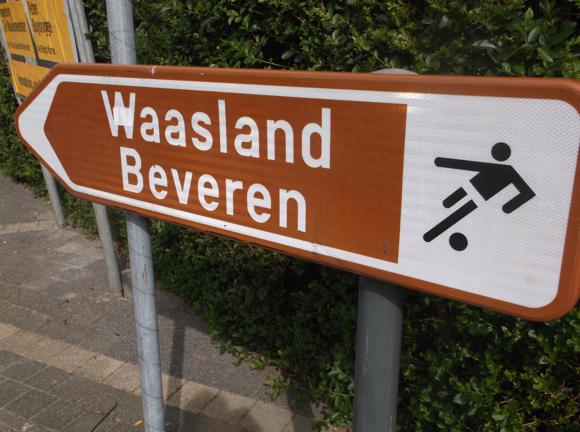
A proposed merger having been knocked back by their followers, Beveren hooked up with KV Red Star Waasland, from nearby Sint-Niklaas.
Founded in 1936, Red Star were also in Division 2 but were a going concern. The new club, KV Red Star Waasland-Beveren, known as Waasland-Beveren, were based at the Freethiel.
Behind on Lindenlaan, YB SK Beveren took a leaf out of AFC Wimbledon’s book and became a phoenix club formed by local fans unhappy with the Red Star merger. Loyal supporters still turn up in numbers to watch Provincial C Division football.
Back at the Freethiel, Waasland-Beveren came close to promotion to Division 1 in 2011, achieved it in 2011, and successfully battled to stay afloat until 2021.




Stadium Guide
The field of dreams – and the stands around it
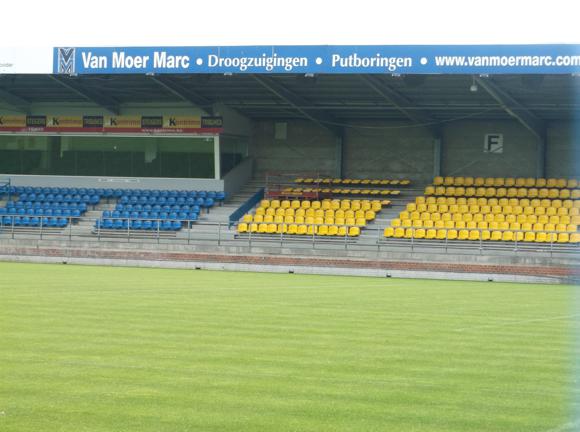
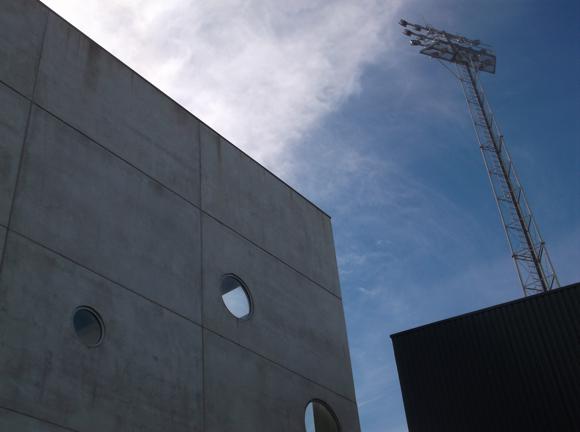

Its cycle track removed to clear the way for a pitch for the newly formed SK Beveren side in 1938 – it was later named after local bar owner and cyclist Frederik Thielemans – the Freethiel has remained in place for more than 80 years, a fixed point of reference while football in Beveren nearly went under in 2010.
Its real opening date was 1949, when workmen levelled the sand hillocks around it and erected a wooden stand. Before Beveren started winning silverware and welcoming the likes of Internazionale and Barcelona, the capacity was raised to 22,000, floodlights, a stand around the home terrace and decent dressing rooms also installed.

With more success and European football came a new main stand in 2009, the introduction of more comfortable and business seats reducing capacity until today’s 8,190. All is covered, the 3,515 seats, 3,000 standing places and nearly 1,200 business seats.
Three stands surround the pitch: standing home fans and visiting supporters stood and seated behind the same goal in Tribune 2, divided into Staan Tribune E and Bezoekers D. A row of skyboxes occupies the upper level of main Tribune 1, sectors C1-C3 and A1-A3 nearest the corner flags at either end, B1-B4 the best seats, over the dug-out and halfway line. Opposite, sector G in Tribune 3 has an equally great view, with sectors F and H alongside.
getting there
Going to the stadium – tips and timings
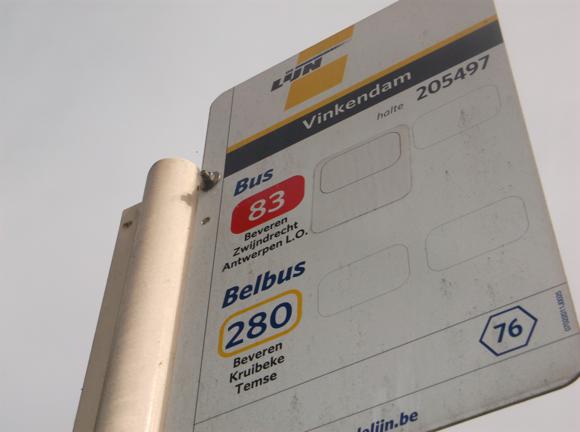
The Freethiel stands west of town. Walk up the main pedestrianised street, then at the ’t Spinnewiel restaurant, turn left into Donkvijverstraat. It’s a 10min walk from there. From the train station, it’s a fair trek.
The 83 bus that sets off from Van Eedenplein on this side of the Scheldt in Antwerp, calls at Gravendreef and Markt on Oude Zandstraat on the Beveren station side of the town centre, before reaching the nearest bus stop to the stadium, Vinkendam. It’s pretty infrequent though – hourly during the week, every 2hrs at weekends.
getting in
Buying tickets – when, where, how and how much
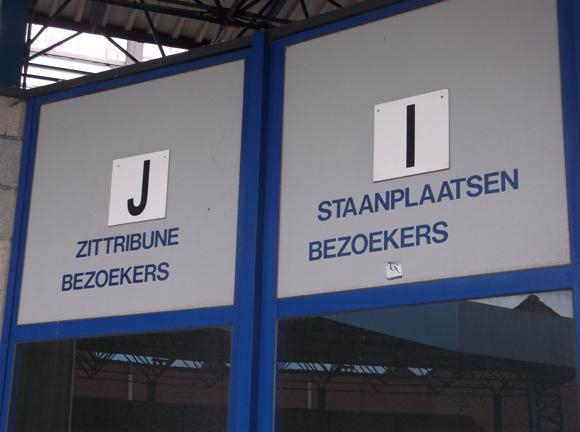
Advance tickets are sold online, usually for all sectors apart from the away one and prime B1-B4 in Tribune 1. You can also try in person at the club office (Mon-Fri 9am-noon, 1.30pm-5pm, match-day Sat 9am-noon).
For all information, contact info@waasland-beveren.be.
On match days, the ticket windows open from 90 minutes before kick-off.
A standing place with the home fans is €15, nearly all other seats €20, the only discounts for under-16s, €5 to stand, €8 to sit.
Sideline sectors B1-B4 are occupied by those paying top whack: €65, €75 for ‘topgames’ against Anderlecht, Antwerp, Bruges, Genk and Gent.
Apart from the visits of Anderlecht and Antwerp, gates average 3,000-4,000, so availability is rarely a problem.
what to buy
Shirts, kits, merchandise and gifts

Beveren merchandise is available at Sportline Beveren (Vrasenstraat 42; Mon 1pm-6pm, Tue-Sat 9.30am-6pm) by the Warande Shopping mall in town.
Among the generic sports gear, you’ll find replica shirts, jackets and scarves – there’s also a personalised printing service for names and numbers.
Where to Drink
Pre-match beers for fans and casual visitors
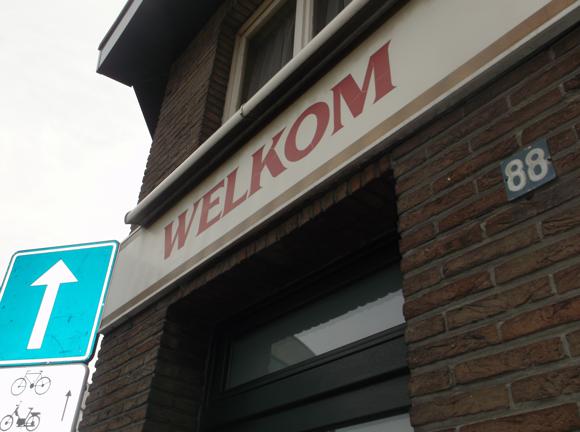
The only bar near the stadium is the Cafe Welkom at Klapperstraat 88, on the corner of Donkvijverstraat as you walk across from town. You’ll find serious pre- and post-match drinking in this friendly corner spot, within sight of the floodlights five minutes away.
At the ground, the Thema Café opens on match days to offer €22 communal lunches (under-16s €15), supporters then able to sit in sector E at a reduced rate of €15, €20 for top games (under-16s €5).

